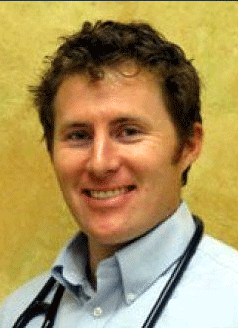Volume/Price. The medical supply situation across the globe and in Arizona is changing daily, if not hourly. What was available yesterday may not be available today. In some cases, it is not a matter of availability, but a matter of volume and price. In the current environment, organizations that can provide volume and premium price management will be able to obtain the supplies. ProtectAZ will be able to combine Arizona groups in need to achieve volume buys.
ProtectAZ is a mission-focused entity with the sole function of helping others to save lives versus aligning to corporate budgetary rules, constraints, and bureaucracy. Accordingly, we are able to quickly work toward volume contracts and pay the current real cost as soon as product becomes available.
Local Sourcing. ProtectAZ seeks to convince local suppliers to provide their products to Arizona as a priority. Local sourcing also helps our state workers keep their jobs. For example, we have negotiated a volume discount with an Arizona laboratory of COVID-19 tests, which is in place and functioning now.
Connections and Non-Traditional Sources. In addition to our supply volume/price and local sourcing strategies, ProtectAZ leadership has experience and personal connections with local and international sources. Dr. Tyler Southwell runs a concierge practice with clients who include very successful business people with sourcing connections. Additionally, Dr. Southwell has experience working with numerous medical supply sources globally. (See Dr. Tyler Southwell’s commentary below.)
Furthermore, ProtectAZ.com also focuses on non-traditional sources of medical supplies. Many manufacturing facilities are retooling to manufacture critically needed medical supplies. As an example, a manufacturer of carwash equipment is repurposing its idled sewing operation for sewing masks and gowns. Such initiatives provide much needed medical supplies while restoring Arizona jobs. We are identifying other operations that are changing over and challenging others to step up to provide medical supplies to fight the pandemic.
Combining the connections of all of our leadership, supporters and volunteers, coupled with our diligence, hard work and passion to think outside the box on sourcing, we are confident that we will be successful.

